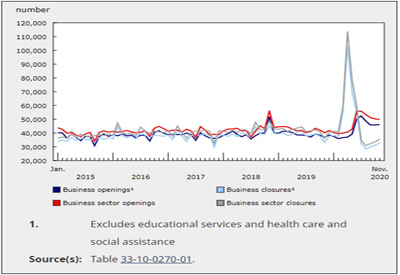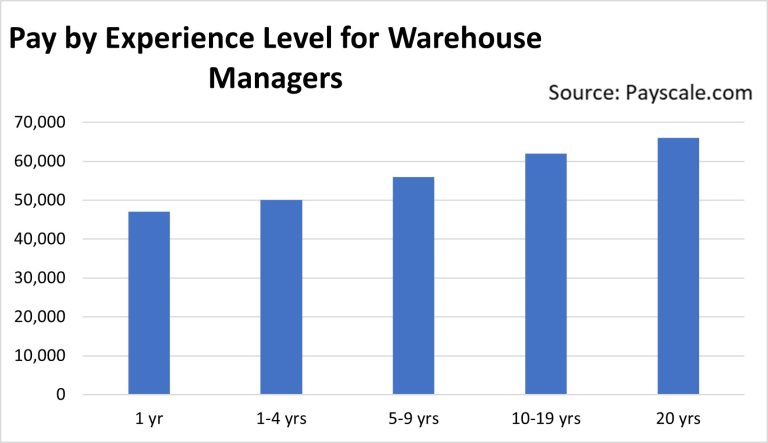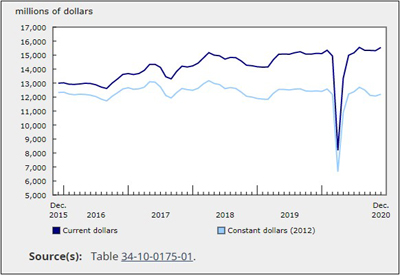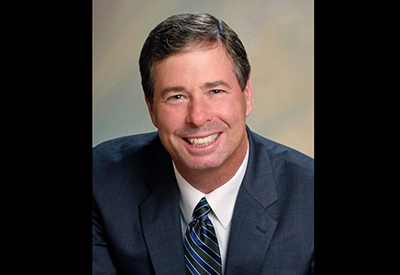Boosting Business Productivity And Driving Innovation: CEOs Welcome Robotics Revolution
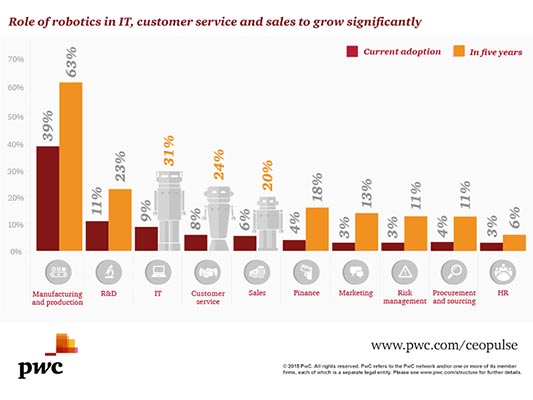
While robotics may still be a long way off world domination, this technology has already moved past the point of simply replacing existing human activities to the beginnings of an augmented and collaborative working model alongside people, what PwC calls the “blended workforce.”
Accordingly, investment in robotics continues to grow: venture capital companies committed around $172 million in 2013 while technology leaders are already buying into robotics technology.
Consequently, CEOs around the world are positively welcoming this technological revolution, according to PwC’s latest CEO Pulse on robotics, which explores CEOs’ current perceptions of how robotics in the workplace is shaping their businesses today and in the near future.
Defining robotics
PwC asked CEOs to think of robotics in the broadest sense; from those that are capable of carrying out physical tasks in place of humans (in areas such as manufacturing, earth and space exploration, surgery or the military in a pre-programmed automated fashion) through to those with a degree of artificial intelligence that are capable, or will be capable in the near term, of adapting to their environment and continuously learning to perform ‘white collar’ complex thinking or decision-making tasks.
Some key findings
Cost effective and productive: CEOs agree that robotics is going to make their companies more efficient, with up to 94% of those who have already adopted robotics claiming that it has increased productivity in their business.
Driver of innovation: In addition, 64% of CEOs are confident that robotics will bring new innovations to their business models.
Growing role of robotics in IT, sales and consumer service: while manufacturing and production are the areas where most CEOs have traditionally adopted robotics, they have identified IT, sales and customer service as three key areas that will also feel the robotic touch in the near future.
In addition, polled CEOs also expect that over the next five years, almost a fifth of their workforce tasks will have an element of robotics to them. Whether this will be pure substitution (58% of them also tell us they intend to reduce headcount because of robotics over the same time frame) or finding new ways of working collaboratively, it’s hard to say.
What some CEOs in the industrial products and financial services sectors have said:
• “I see robotics as a consistent way of saving cost and having more efficient processes, especially in the logistics and operational areas.” Industrial Products CEO, Latin America
• “I think the field of robotics will be able to make a breakthrough in the intellectual function of robotics as well as the physical function.” Financial Services CEO, Middle East
The challenges for robotics
As the ability and role of robotics grows, companies will also be forced to confront a series of challenges, including:
• The big “employment debate.” While a general fear persists as to the extent to which robotics and computerisation will impact the workforce, 69% of CEOs polled disagreed that robotics will make some high skilled jobs obsolete. Instead, there is a wider belief that robotics will help create new and exciting opportunities for their workers by automating repetitive tasks.
• New skills. As robotics becomes more integrated throughout the business, employers are going to have to invest in reskilling many parts of the workforce to adapt to working alongside and managing robotic processes and even colleagues.
• Insuring against risk and protecting intellectual property. As companies start to automate processes and/or introduce more artificial intelligence into white collar ‘thinking’ tasks (like knowledge management, analytics, business services and law) this new automated knowledge workforce will pose real problems for companies in terms of insuring against risk (for instance software crashes, cyber-attacks or systemic fragility) and protecting intellectual property.
“Organizations will always be riding the wave of what can be automated and that wave is always crashing onto new shores. Certainly, we believe we’ll see greater collaboration between man and machine as robotics paves the way for more sophisticated ‘augmented’ workforce models,” says John Sviokla, Head of Global Thought Leadership at PwC.
PwC’s CEO pulse provides a temperature gauge of global CEO sentiment on a variety of topical business issues throughout the year. For this pulse on robotics PwC spoke to 140 CEOs across Europe, Latin America, Asia Pacific, Africa, North America and the Middle East in the summer of 2014. At the same time, up to 1,200 consumers from the United States, United Kingdom, Germany, Spain, India, Brazil, Russia, Mexico, Canada, Australia, China and Sweden were polled for their perspectives on the same topic.
With offices in 157 countries and more than 195,000 people, PwC is among the leading professional services networks in the world. PwC helps organizations and individuals create the value they’re looking for, by delivering quality in assurance, tax and advisory services. The firm’s Canadian head office is located in Toronto; 416-863-1133; www.pwc.com/ca/en.

